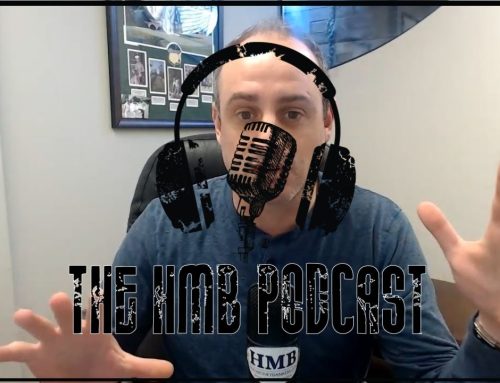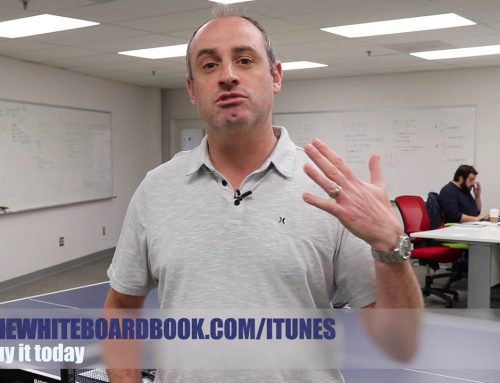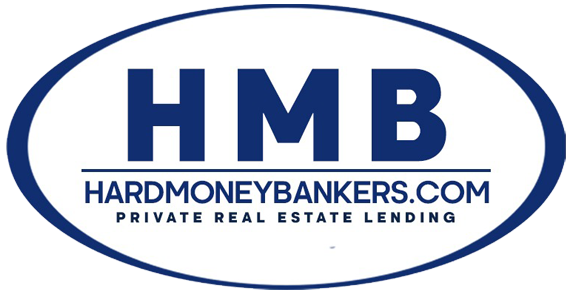
In this article we want to talk about a few things we are seeing in our local market, in addition to describing signs of a market bubble and what you should be aware of if a bubble does occur. In most markets, changes develop pretty quickly, and in this industry in general, changes stem from banks and the availability of money in the marketplace.
When money dried up in 2006-07 there were a lot of quick and traumatic changes in the real estate market that occurred because banks stopped lending. As a real estate investor, chances are that you are either flipping a house and then selling it to a homeowner who is getting a bank mortgage, or you are renting a house out and your bank is holding a long-term mortgage on the property. This can help you see why banks are so relevant in this market.
In the Washington, D.C. and Baltimore markets where we are, the foreclosure waves have flooded the market with distressed and undervalued inventory for investors to pick up. Short sales have been approved a lot quicker than before, so there remains really good inventory to buy. Bank Asset Managers are smarter than they used to be. They know that if they want to sell a property quickly then they must list it at the right price for an investor to buy, or they need to go in and do some work themselves if they want to be able to sell to a homeowner.
Some signs of a bubble that you should be aware of include a lack of affordable homes for good wage earners in any neighborhood and when you make a good amount of money and it is still hard to buy a property—typically because the property values are so high. Other signs of a bubble in the market are when banks are issuing high loan to value (LTV) loans again, when there is easy money available, when there are multiple contracts on properties that you want to buy (a sign of a seller’s market), and when it is just hard to find investment properties with equity.
There was a mini refinance boom recently because interest rates were attractive. Creeping increases in interest rates began again, and that is potentially a sign. We have also noticed there are much more FHA loans available. In the past, there weren’t as many FHA loans as there are now, which means a lot of lower down payment requirements to buy. It seems like there are a lot of younger people right out of college, good young professionals in their late 20s and early 30s that just have a hard time being able to qualify for houses because they are so expensive.
Those are all warnings of a market cycle to be aware of.
A few quick tips you should know about: The biggest problem for folks looking to buy is that most buyers want to purchase whatever they can get qualified for from the bank. They feel that if the bank will qualify them for a $2,000 payment on paper then that is the mortgage they want to get. Make sure you are responsible in planning out what you can afford. If you lose your job or have to sell your house quickly, make sure that you are in a good spot with an affordable payment.
It also make sense to have some sort of equity in the property, either immediate equity because you bought the home at a really good price or you made a big down payment. If you only have 5% to 10% equity in a property and you have to move or something happens, then you are not really going to be able to sell that property and you will be left in a bind. Having that additional equity will give you a little bit more power during a slower market.
For real estate investors it is even more important to have an equity cushion on all your projects. Make sure you have put some cash in the deal or that you are really buying it low enough that you gained equity in case you have to liquidate it.
Even having 20% equity in a property as a real estate investor isn’t enough… If the market takes a slight turn and the value decrease by 10% and if you are forced to sell the property quickly then you may be underwater. Make sure that as an investor you have equity, not only in your flips, but in your rental property as well. This gives you flexibility and additional options for your investments.






